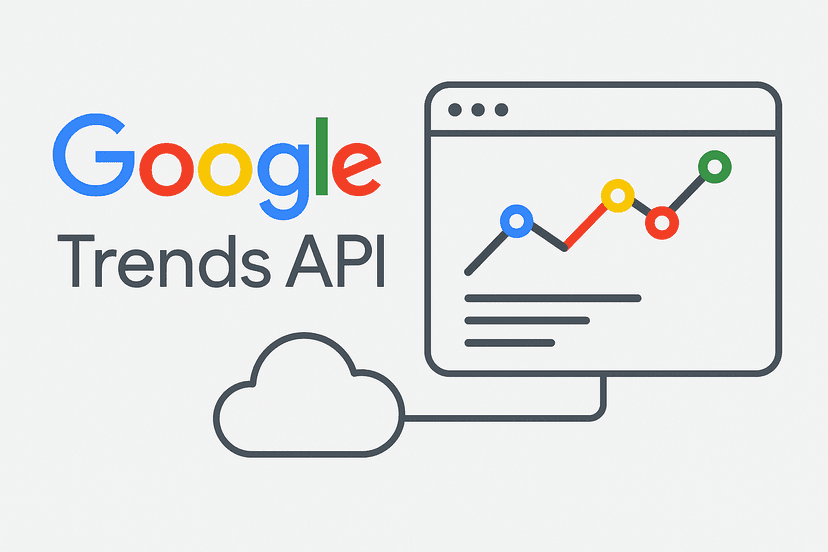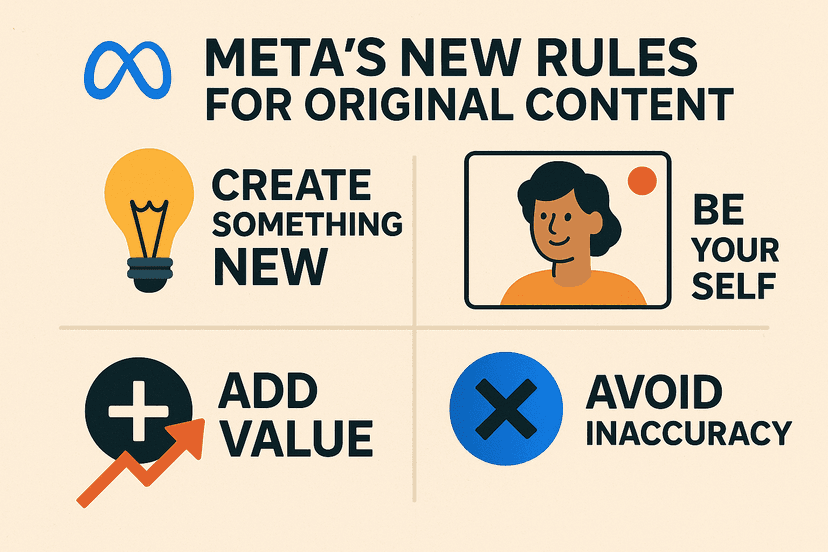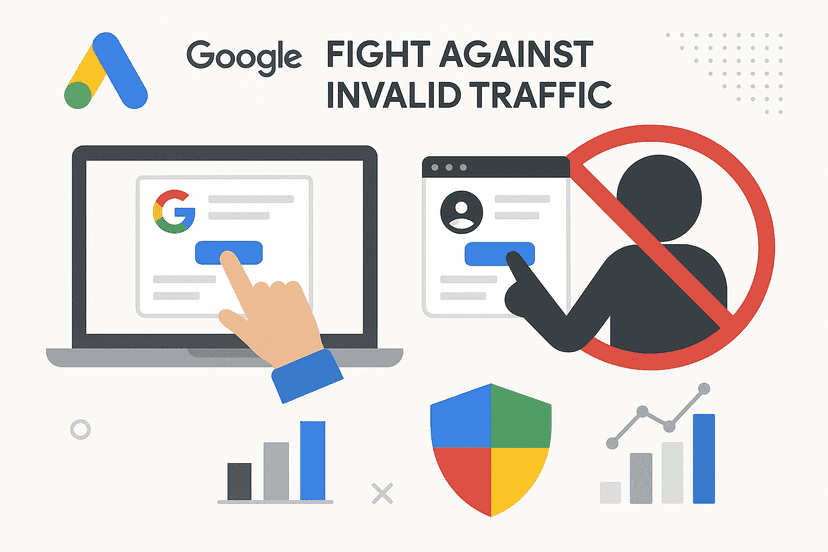Understanding Hotel SEO Fundamentals
Search engine optimization for hotels represents a critical marketing strategy that can significantly impact your property’s visibility and direct booking revenue. Unlike other industries, hotel SEO requires a unique approach that balances location-based searches, seasonal demand fluctuations, and competitive pricing landscapes.
The hospitality industry faces distinct challenges when it comes to online visibility. Travelers often begin their journey with broad searches like “hotels in Miami” before narrowing down to specific amenities, dates, or price ranges. This search behavior creates multiple opportunities for hotels to capture potential guests at different stages of their booking journey.
Hotel SEO differs from general business SEO because it must account for local search intent, seasonal variations, and the complex relationship between organic search results and online travel agencies. When someone searches for accommodation, they’re typically ready to make a booking decision relatively quickly, making the stakes higher for achieving top search rankings.
The foundation of effective SEO for hotels starts with understanding your target audience’s search behavior. Business travelers might search for “hotels near conference center” while families could look for “family-friendly resorts with pools.” Each search query represents a different customer persona with specific needs and expectations.
Modern hotel SEO must also consider the growing importance of voice search, mobile-first indexing, and artificial intelligence in search algorithms. These technological advances have changed how people discover and book accommodations, requiring hotels to adapt their optimization strategies accordingly.
Keyword Research for Hotels
Effective keyword research forms the backbone of any successful hotel SEO strategy. The process begins by identifying the various ways potential guests might search for your property or similar accommodations in your area. This involves understanding both direct searches for your hotel name and broader discovery searches for accommodations in your location.
Location-based keywords typically generate the highest conversion rates for hotels. These include variations of “hotels in [city name],” “accommodations near [landmark],” and “[city] hotels.” However, successful keyword research goes beyond basic location terms to include amenity-specific searches, business travel keywords, and seasonal vacation phrases.
Long-tail keywords often provide the best opportunities for hotels to rank competitively while attracting highly qualified traffic. Phrases like “boutique hotels with spa services in downtown Portland” or “pet-friendly beach resorts in California” target specific customer needs and face less competition than generic terms.
Seasonal keyword research proves particularly important for hotels in tourist destinations. Summer keywords might focus on beach activities and outdoor adventures, while winter searches could emphasize holiday events or ski access. Understanding these seasonal patterns helps hotels prepare content and optimization strategies well in advance of peak booking periods.
Competitor keyword analysis reveals valuable opportunities that other hotels in your market might be missing. Tools can help identify which keywords drive traffic to competing properties, allowing you to develop strategies to compete for those same search terms while discovering untapped keyword opportunities.
On-Page Optimization Strategies
On-page optimization for hotels requires careful attention to how search engines understand and categorize your property’s unique features and amenities. Every page on your website should serve a specific purpose in your overall SEO strategy while providing genuine value to potential guests.
Your homepage optimization should clearly communicate your hotel’s location, primary amenities, and unique selling propositions within the first few paragraphs. The page title should include your hotel name and location, while the meta description should compelling describe what makes your property special in a way that encourages clicks from search results.
Individual room pages offer excellent opportunities for targeted optimization around specific accommodation types. A luxury suite page can target keywords related to premium accommodations, while standard room pages might focus on value-oriented search terms. Each room description should include relevant amenities, square footage, bed configurations, and view information that guests commonly search for.
Amenity pages serve dual purposes of informing potential guests while targeting specific keyword opportunities. A hotel spa page can rank for local spa-related searches, while a business center page might capture corporate travel queries. These pages should provide comprehensive information about services, hours, pricing, and booking procedures.
Location and area information pages help hotels capture broader destination searches while positioning the property as a local expert. These pages should include detailed information about nearby attractions, transportation options, dining recommendations, and seasonal activities that guests might research when planning their trip.
Local SEO for Hotels
Local SEO represents perhaps the most critical component of hotel search optimization, as the vast majority of hotel searches include location-specific intent. Hotels must optimize their online presence to dominate local search results across multiple platforms and directories.
Google Business Profile optimization serves as the foundation of local hotel SEO. Your profile should include accurate business information, comprehensive photo galleries, detailed amenity lists, and regular updates about special offers or events. Responding to guest reviews promptly and professionally demonstrates engagement and can influence both search rankings and booking decisions.
Local directory consistency ensures that search engines receive consistent information about your hotel across the web. Your name, address, phone number, and website should match exactly across platforms like Yelp, TripAdvisor, Booking.com, and local tourism websites. Inconsistent information can confuse search engines and weaken your local search performance.
Location-specific content creation helps hotels establish topical authority for their destination. Blog posts about local events, attraction guides, seasonal activities, and dining recommendations can attract visitors researching your area while demonstrating expertise about your location.
Local link building opportunities abound for hotels willing to engage with their community. Partnerships with local attractions, restaurants, event venues, and tourism boards can generate valuable backlinks while creating mutually beneficial relationships that enhance guest experiences.
Content Marketing for Hotel SEO
Content marketing for hotels extends far beyond simple room descriptions and amenity lists. Effective hotel content addresses the full spectrum of guest needs and interests, from initial destination research through post-stay sharing and review generation.
Destination guides represent some of the most valuable content hotels can create. These comprehensive resources should cover local attractions, dining options, transportation information, seasonal activities, and insider tips that only local experts would know. Well-researched destination content can rank for numerous travel-related keywords while positioning your hotel as the preferred local authority.
Event-based content captures seasonal search traffic while demonstrating your hotel’s connection to the local community. Coverage of annual festivals, business conferences, sports events, and cultural celebrations can attract visitors planning trips around these occasions. This content should include practical information about event schedules, transportation, and how your hotel accommodates event attendees.
Guest experience stories and testimonials provide authentic content that addresses common questions and concerns while building trust with potential visitors. These pieces should highlight specific guest experiences, showcase your hotel’s problem-solving abilities, and demonstrate the value provided to different types of travelers.
Behind-the-scenes content humanizes your hotel brand while providing fresh material for search engines to index. Stories about staff members, hotel history, renovation projects, and sustainability efforts can differentiate your property while creating emotional connections with potential guests.
Technical SEO Considerations
Technical SEO for hotels requires careful attention to website performance, mobile functionality, and search engine accessibility. Hotels often manage complex websites with booking systems, image galleries, and dynamic pricing displays that can create technical challenges if not properly optimized.
Website speed optimization proves especially critical for hotel websites, as travelers often compare multiple properties and will abandon slow-loading sites. Image compression, efficient hosting, and streamlined booking processes can significantly improve both user experience and search rankings. Every second of load time improvement can translate to higher conversion rates and better search performance.
Schema markup implementation helps search engines understand specific information about your hotel, including room rates, amenities, location details, and guest reviews. Properly implemented schema can enhance your search result appearance with rich snippets that make your listing more attractive and informative than competitors.
URL structure optimization should reflect your hotel’s organizational hierarchy while including relevant keywords where appropriate. Room pages, amenity descriptions, and location information should all use clean, descriptive URLs that both users and search engines can easily understand.
Internal linking strategies help distribute page authority throughout your website while guiding visitors toward conversion opportunities. Strategic links between related content, amenities, and booking pages can improve both SEO performance and user experience.
Mobile Optimization for Hotels
Mobile optimization has become non-negotiable for hotel websites, as the majority of travel searches now occur on mobile devices. Travelers expect seamless mobile experiences that allow them to research, compare, and book accommodations from anywhere.
Responsive design ensures your hotel website provides excellent user experiences across all device types and screen sizes. Mobile-friendly navigation, easily readable text, and touch-optimized buttons are essential for keeping mobile visitors engaged through the booking process.
Mobile page speed requires special attention, as mobile users typically have less patience for slow-loading content. Optimized images, efficient code, and mobile-specific performance improvements can dramatically impact both search rankings and conversion rates on mobile devices.
Location-based mobile features can enhance the user experience for travelers already in your area or researching nearby accommodations. Integration with mapping services, local business information, and real-time availability can provide competitive advantages in mobile search results.
Mobile booking optimization ensures that the path from search result to completed reservation remains smooth on mobile devices. Simplified forms, secure payment processing, and clear confirmation processes are essential for converting mobile traffic into bookings.
Building Quality Backlinks
Link building for hotels requires a strategic approach that focuses on earning high-quality, relevant links from authoritative sources within the travel and hospitality industries. Quality links not only improve search rankings but also drive direct referral traffic from interested travelers.
Travel blogger partnerships offer excellent opportunities for hotels to earn valuable links while reaching engaged audiences interested in travel content. Collaborating with bloggers who cover your destination or target market can generate authentic content and natural backlinks that search engines value highly.
Local business partnerships create natural link-building opportunities while strengthening community connections. Relationships with area restaurants, attractions, event venues, and service providers can lead to mutual linking opportunities that benefit all parties involved.
Industry directory submissions in reputable travel and hospitality directories can provide valuable backlinks while improving online visibility. Focus on established directories with strong domain authority rather than pursuing numerous low-quality submissions that provide little value.
Media coverage and public relations efforts can generate high-authority backlinks from news outlets and industry publications. Newsworthy events, community involvement, sustainability initiatives, and unique amenities can attract media attention that results in valuable link opportunities.
Measuring and Tracking SEO Success
Effective measurement of hotel SEO performance requires tracking multiple metrics that reflect both search engine visibility and business impact. Hotels need comprehensive analytics that connect SEO efforts to actual bookings and revenue generation.
Organic search traffic monitoring should focus on both overall visitor numbers and the quality of that traffic in terms of engagement and conversion rates. Hotels should track which keywords drive the most valuable visitors and how search traffic compares to other marketing channels in terms of booking generation.
Search ranking tracking for key target keywords provides insight into SEO progress and competitive positioning. Hotels should monitor rankings for branded searches, location-based queries, and amenity-specific terms that represent their most important optimization targets.
Local search performance metrics include Google Business Profile views, direction requests, phone calls, and website visits generated through local search results. These metrics directly reflect your hotel’s visibility in location-based searches that typically convert at high rates.
Conversion tracking connects SEO efforts to actual business results by measuring how organic search visitors progress through the booking funnel. Understanding which search terms and content types generate the most reservations helps optimize future SEO strategies for maximum return on investment.
Common SEO Mistakes Hotels Make
Many hotels struggle with SEO implementation due to common mistakes that can significantly impact their search performance and online visibility. Understanding these pitfalls helps hotel marketers avoid costly errors while developing more effective optimization strategies.
Duplicate content issues often plague hotel websites that use similar descriptions across multiple room types or copy content from other properties. Search engines penalize duplicate content, making it essential for hotels to create unique descriptions for every page and room type on their website.
Neglecting local SEO optimization represents a critical missed opportunity for hotels, as location-based searches drive the majority of accommodation bookings. Hotels that fail to optimize their Google Business Profile, maintain directory consistency, or create location-specific content significantly limit their visibility in relevant searches.
Ignoring mobile optimization can devastate hotel SEO performance, as search engines prioritize mobile-friendly websites in their rankings. Hotels with poor mobile experiences not only rank lower but also lose potential bookings from the growing number of travelers who research and book accommodations on mobile devices.
Over-optimization attempts can backfire when hotels focus too heavily on keyword density rather than user experience. Modern search algorithms prioritize content that genuinely helps users over content that merely targets specific keywords without providing real value.
Future Trends in Hotel SEO
The evolution of search technology and user behavior continues to shape the future landscape of SEO for hotels. Understanding emerging trends helps hotels prepare optimization strategies that will remain effective as search engines and traveler expectations continue to evolve.
Artificial intelligence integration in search algorithms increasingly emphasizes user intent and content quality over traditional ranking factors. Hotels must focus on creating genuinely helpful content that addresses specific traveler needs rather than simply optimizing for particular keywords or phrases.
Voice search optimization becomes more important as travelers use voice-activated devices to research travel options and find local businesses. Hotels should optimize for conversational queries and question-based searches that reflect how people naturally speak rather than type.
Visual search capabilities allow travelers to search using images rather than text, creating new opportunities for hotels to showcase their properties and amenities. High-quality photography and image optimization will become even more critical for hotel SEO success.
Sustainability and social responsibility factors increasingly influence search algorithms and traveler preferences. Hotels that demonstrate genuine commitment to environmental stewardship and community involvement may gain advantages in both search rankings and guest preferences.
Conclusion
SEO for hotels represents a complex but essential marketing discipline that directly impacts visibility, bookings, and revenue in an increasingly competitive marketplace. Success requires a comprehensive approach that addresses keyword research, on-page optimization, local search, content marketing, technical performance, and link building while staying current with evolving search technologies and traveler behaviors.
Hotels that invest in thorough SEO strategies position themselves to capture more direct bookings, reduce dependence on online travel agencies, and build stronger relationships with guests who discover them through organic search results. The key lies in understanding that effective hotel SEO goes beyond technical optimization to encompass the entire guest experience from initial search through post-stay engagement.
The future of hotel SEO will continue to evolve with advancing technology and changing consumer expectations. Hotels that remain adaptable, focus on genuine value creation, and maintain strong local connections will be best positioned to thrive in this dynamic digital landscape. By implementing the strategies outlined in this guide while staying alert to emerging trends, hotels can build sustainable SEO success that drives long-term growth and profitability.
Remember that SEO for hotels is not a one-time project but an ongoing process that requires consistent attention, regular updates, and continuous optimization based on performance data and industry changes. Hotels that commit to this long-term approach will reap the benefits of increased visibility, higher-quality traffic, and more direct bookings from travelers who find them through organic search results.







